Maliki… A third term: a political dilemma or a wise decision?
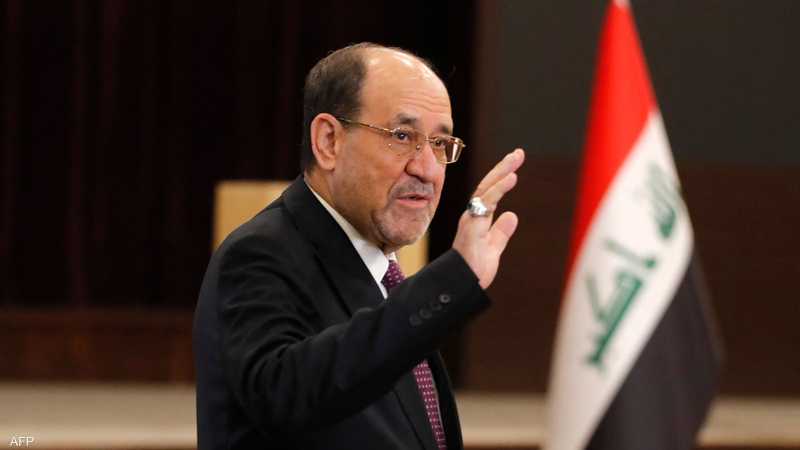 Iraqi political circles followed with interest the outcome of the nomination of Mr. Nouri al-Maliki for the Iraqi premiership for the third time by the majority of members of the Coordination Framework, and took into account its international and regional dimensions and interests after a tweet by US President Donald Trump in which he stated that he had heard of “a very bad choice to reinstall Nouri al-Maliki as president,” and pointed out that “the last time Maliki was in power, he plunged the country into poverty and chaos. This must not be repeated.” He added, “If he is elected, the United States will not provide any future assistance to Iraq.”
Iraqi political circles followed with interest the outcome of the nomination of Mr. Nouri al-Maliki for the Iraqi premiership for the third time by the majority of members of the Coordination Framework, and took into account its international and regional dimensions and interests after a tweet by US President Donald Trump in which he stated that he had heard of “a very bad choice to reinstall Nouri al-Maliki as president,” and pointed out that “the last time Maliki was in power, he plunged the country into poverty and chaos. This must not be repeated.” He added, “If he is elected, the United States will not provide any future assistance to Iraq.”
Some members of the Coordination Framework failed to act wisely or rationally in dealing with the American position. Instead, they persisted in their support for Maliki, disregarding the higher interests of the Iraqi state and the importance of its political and economic relationship with the United States. Maliki remained steadfast in his insistence on remaining Prime Minister, despite internal opposition and calls from key figures within the Coordination Framework to distance themselves from the nomination process and choose another political figure to preserve Iraq’s security and stability and shield it from any major economic crises. These crises could arise from the American administration’s refusal to cooperate and offer advice on all political, military, and economic levels, which would inevitably impact the country’s internal situation.
As the push to maintain Maliki’s political option and retain him as Prime Minister continued, the American administration, through several messages sent to Iraqi politicians, threatened to impose broad economic sanctions targeting the Central Bank of Iraq, SOMO (State Oil Marketing Organization), the Ministries of Defense and Interior, and all entities and individuals seeking Maliki’s return and election for a third term.
Given these American political stances and the continued rejection of al-Maliki, the Coordination Framework must make sound decisions that preserve Iraq’s standing and prevent any further deterioration or the imposition of broad sanctions that would harm the Iraqi people, exacerbate their suffering and economic crises, and weaken their political system.
The Center for Political Studies and Research, in its monitoring and interest of Iraqi affairs, believes that Mr. al-Maliki has no remaining political prospects of assuming the premiership, and that international and regional rejection has reached significant proportions through the threat of economic sanctions and the refusal to cooperate and establish a strategic partnership with the United States. If the Coordination Framework does not make a wise political decision by selecting a figure from among its members or an independent candidate, it will expose the country to a political crisis and effective economic sanctions. It must prioritize Iraq’s interests above any narrow personal, factional, or partisan considerations, and the supreme interest of the Iraqi people must be the true determinant, the foundation, and the central focus in preserving Iraq, its standing, and its leading regional and international role.
Rawabetcenter.com

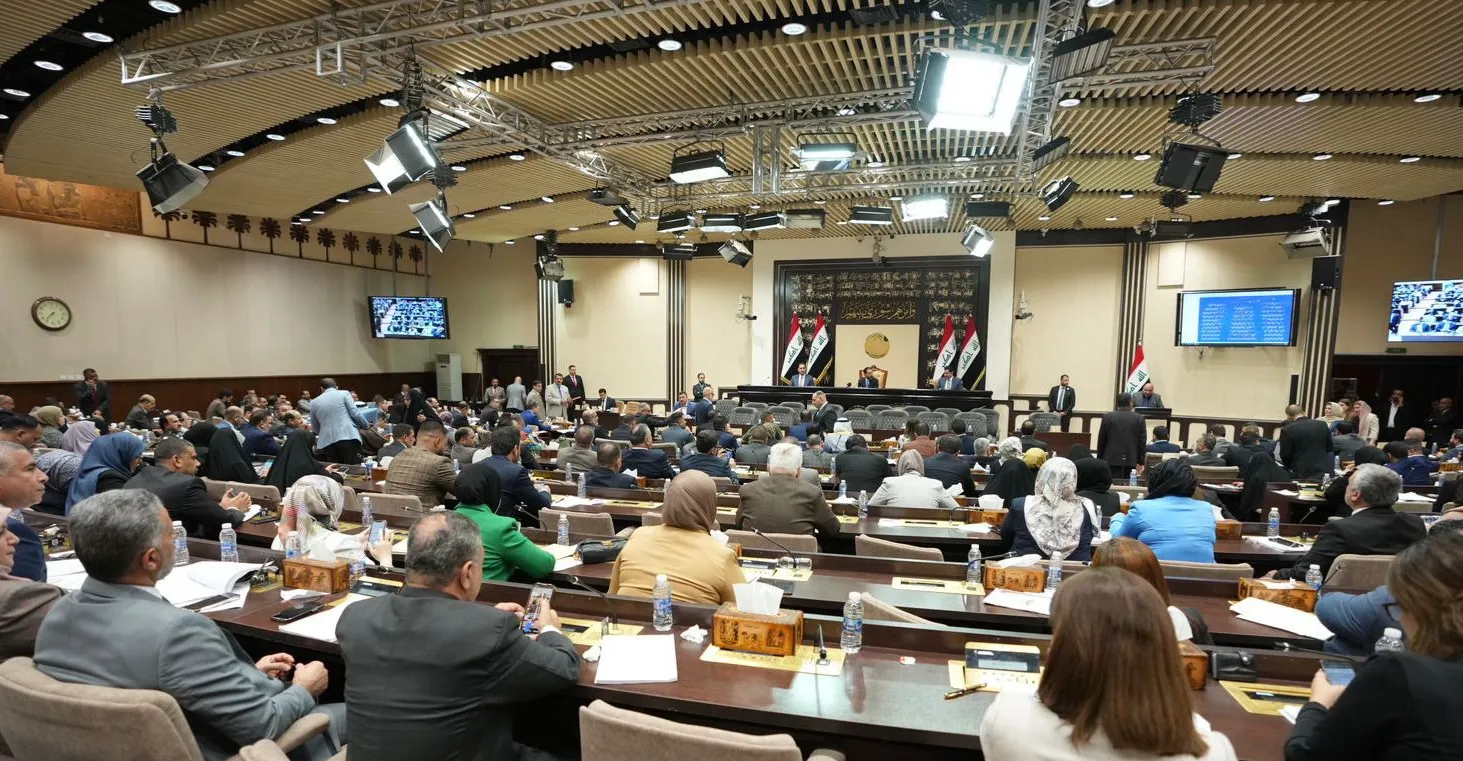 A parliamentary call for members of parliament, ministers, and those holding special ranks to donate half or more of their monthly salaries to the state treasury, in an attempt to address the economic crisis plaguing Iraq, has sparked widespread reaction among the Iraqi public.
A parliamentary call for members of parliament, ministers, and those holding special ranks to donate half or more of their monthly salaries to the state treasury, in an attempt to address the economic crisis plaguing Iraq, has sparked widespread reaction among the Iraqi public.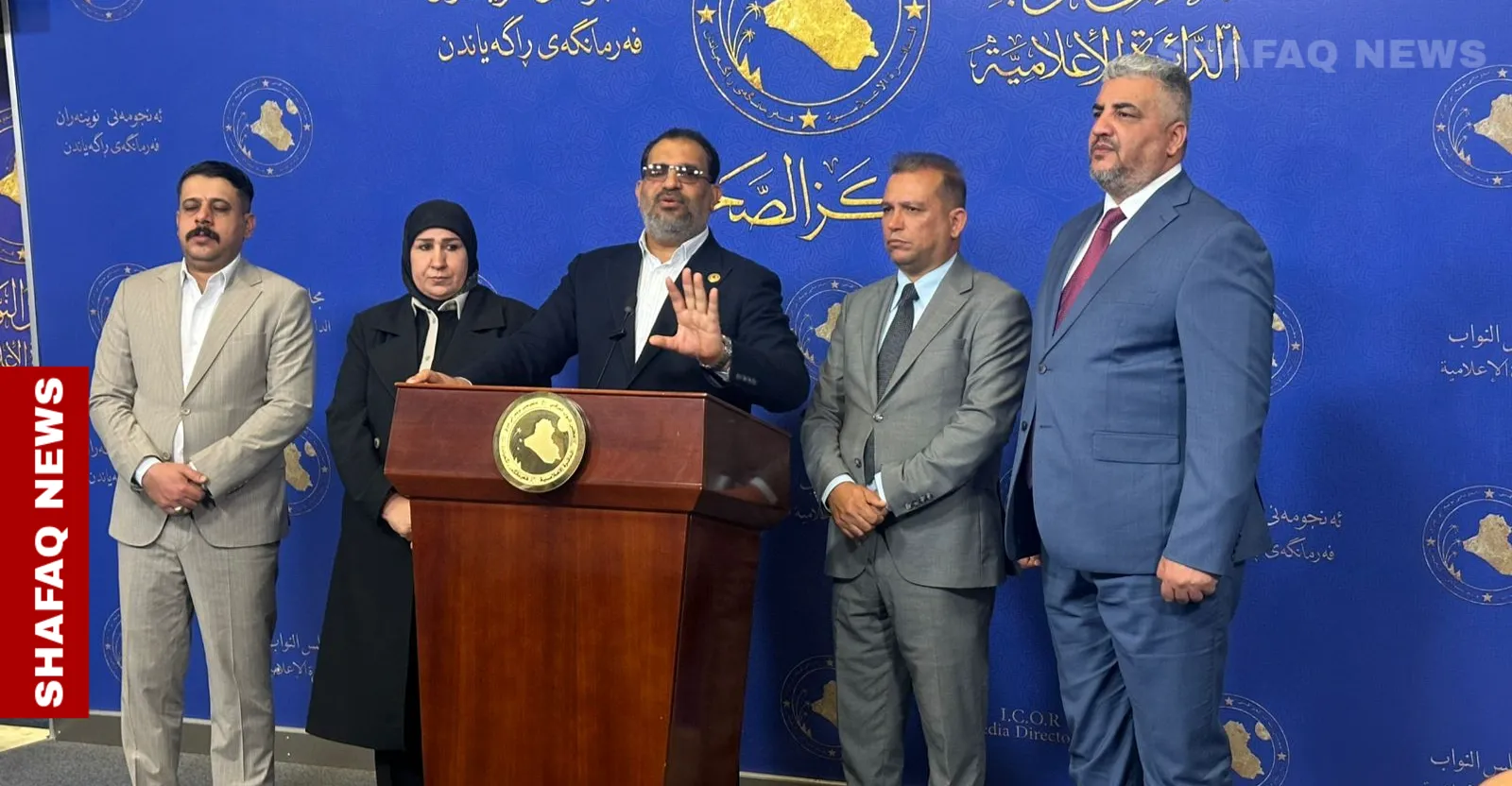 On Tuesday, the head of the “Victorious” parliamentary bloc, Faleh al-Khazali, revealed a proposal to import 100,000 cars annually in exchange for scrapping old models with a fee of $4,000 per car, stressing that this project – if implemented – would provide the state budget with about $700 million annually and reduce traffic accidents and environmental pollution in Iraq.
On Tuesday, the head of the “Victorious” parliamentary bloc, Faleh al-Khazali, revealed a proposal to import 100,000 cars annually in exchange for scrapping old models with a fee of $4,000 per car, stressing that this project – if implemented – would provide the state budget with about $700 million annually and reduce traffic accidents and environmental pollution in Iraq.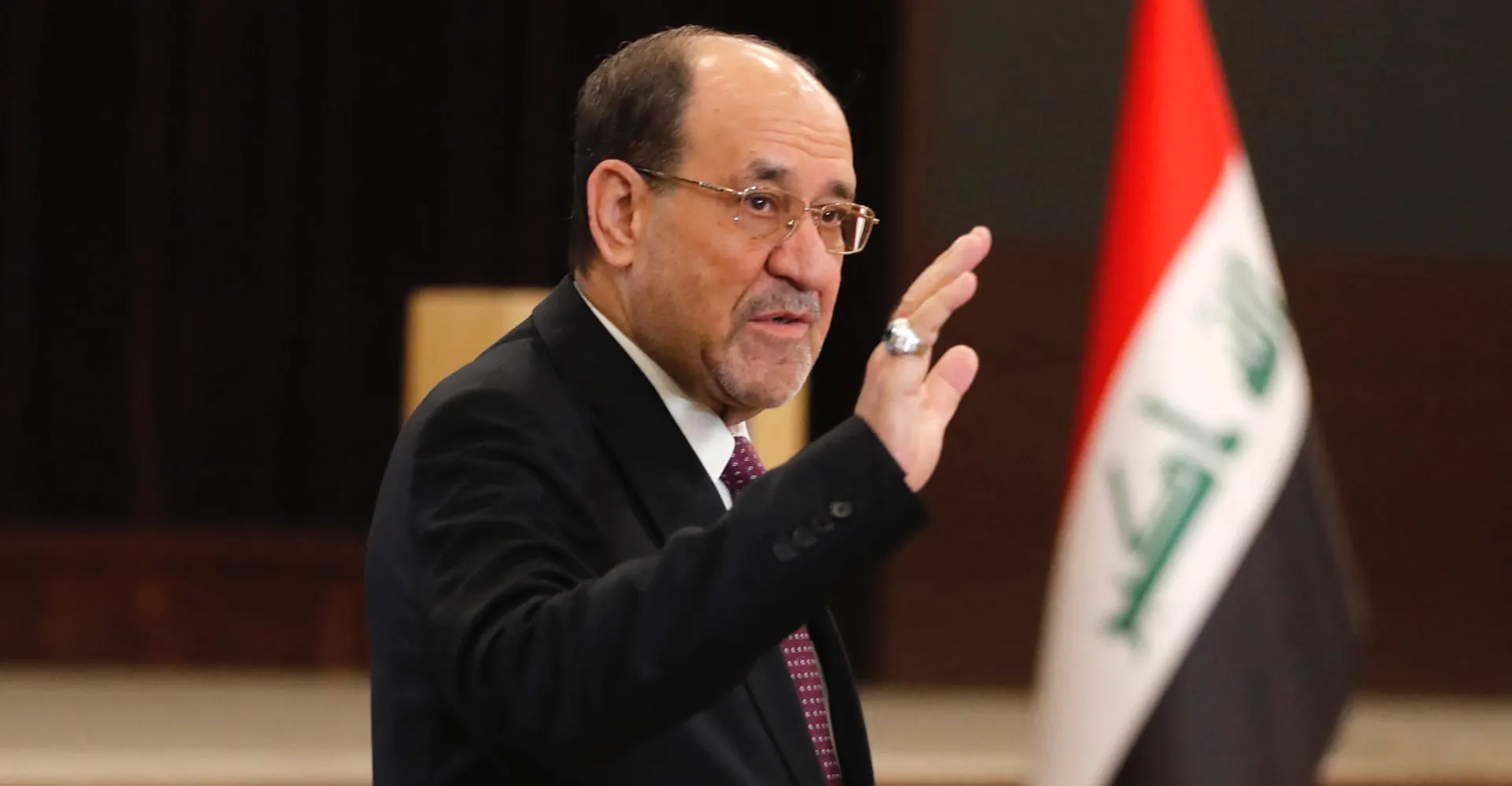 Nasim Abdullah, a member of the political bureau of the “Eqtidaar” party, which is part of the coordination framework, revealed on Monday that there are talks and meetings within the Shiite bloc regarding the candidate for the new government’s premiership.
Nasim Abdullah, a member of the political bureau of the “Eqtidaar” party, which is part of the coordination framework, revealed on Monday that there are talks and meetings within the Shiite bloc regarding the candidate for the new government’s premiership.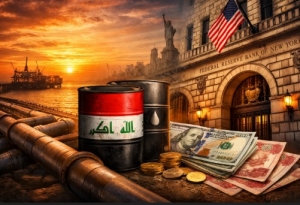 Iraqi Oil Revenues in New York: Economic Stability or Managed Sovereignty?
Iraqi Oil Revenues in New York: Economic Stability or Managed Sovereignty?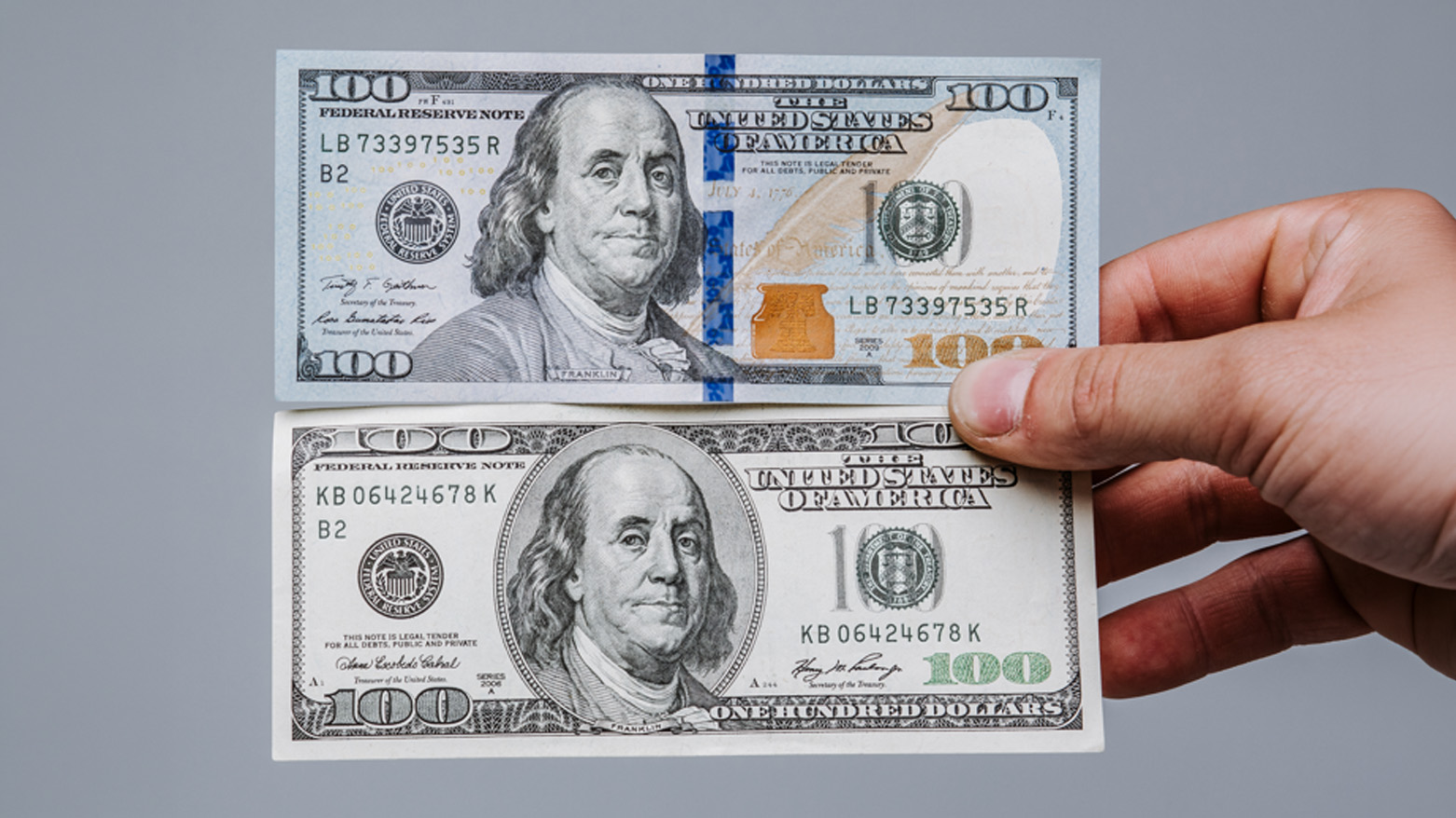 The Central Bank of Iraq directed all banks and financial institutions on Monday to cease the practice of discriminating between older and newer dollar exchange rates. In a statement, the bank emphasized the importance of eliminating this practice. It also stressed the need for all banks and financial institutions to adhere to the regulations governing the handling and exchange of banknotes, in accordance with the established standards for foreign currency.
The Central Bank of Iraq directed all banks and financial institutions on Monday to cease the practice of discriminating between older and newer dollar exchange rates. In a statement, the bank emphasized the importance of eliminating this practice. It also stressed the need for all banks and financial institutions to adhere to the regulations governing the handling and exchange of banknotes, in accordance with the established standards for foreign currency.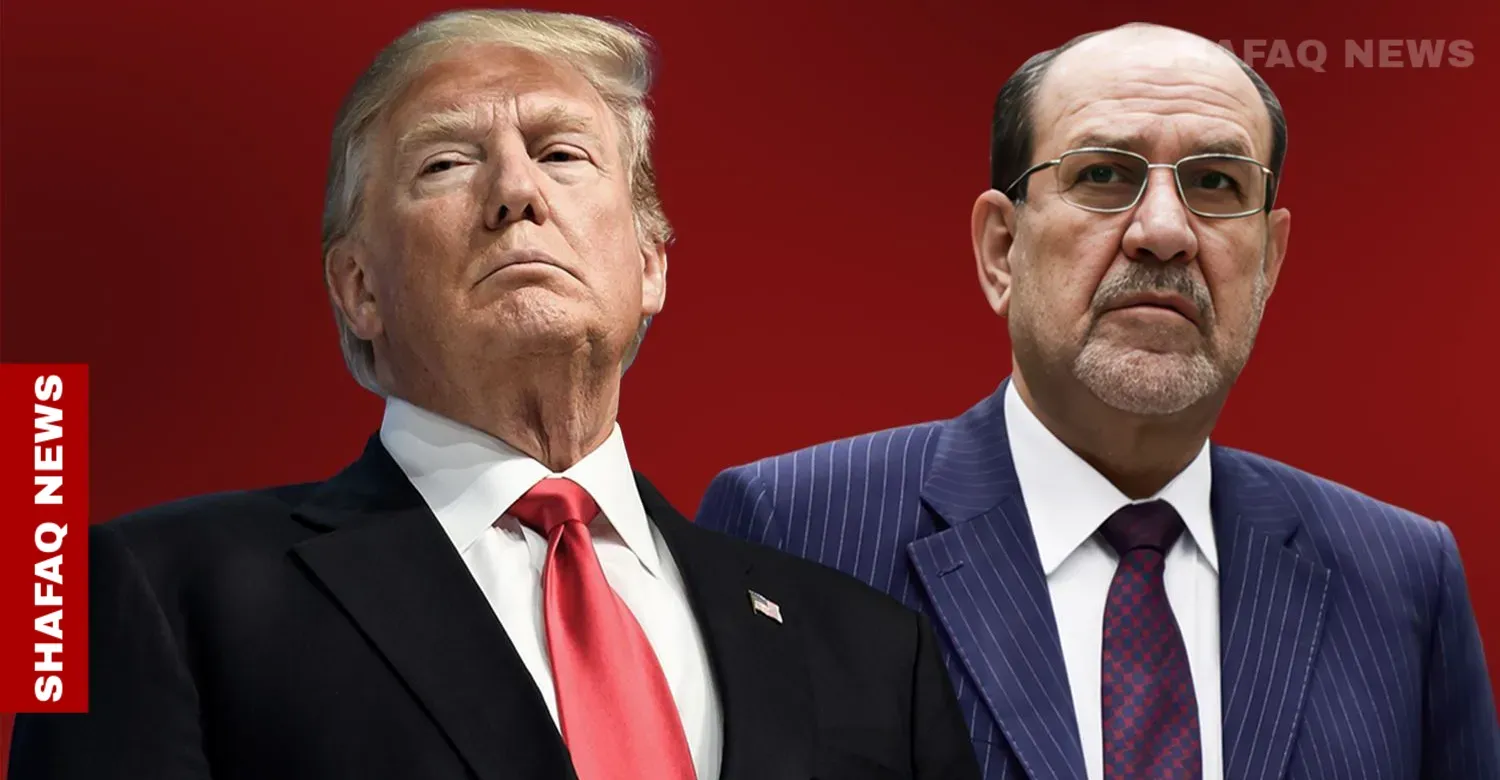 The State of Law coalition, led by Nouri al-Maliki, said on Wednesday that warnings of an American embargo on Iraq if its leader assumes the premiership in the next government represent “naive analysis”.
The State of Law coalition, led by Nouri al-Maliki, said on Wednesday that warnings of an American embargo on Iraq if its leader assumes the premiership in the next government represent “naive analysis”.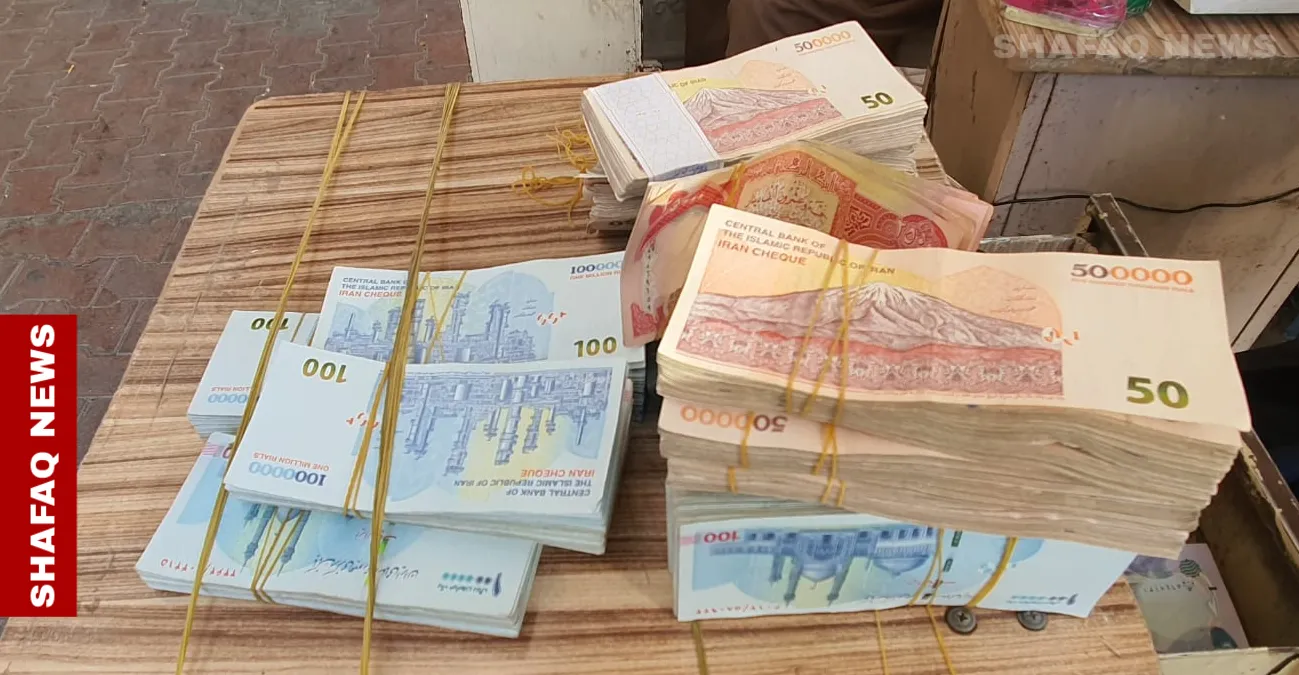 Foreign currency prices continued to rise against the Iranian toman on Wednesday, with the dollar exchange rate exceeding 163,000 tomans, amid escalating tensions with Washington.
Foreign currency prices continued to rise against the Iranian toman on Wednesday, with the dollar exchange rate exceeding 163,000 tomans, amid escalating tensions with Washington.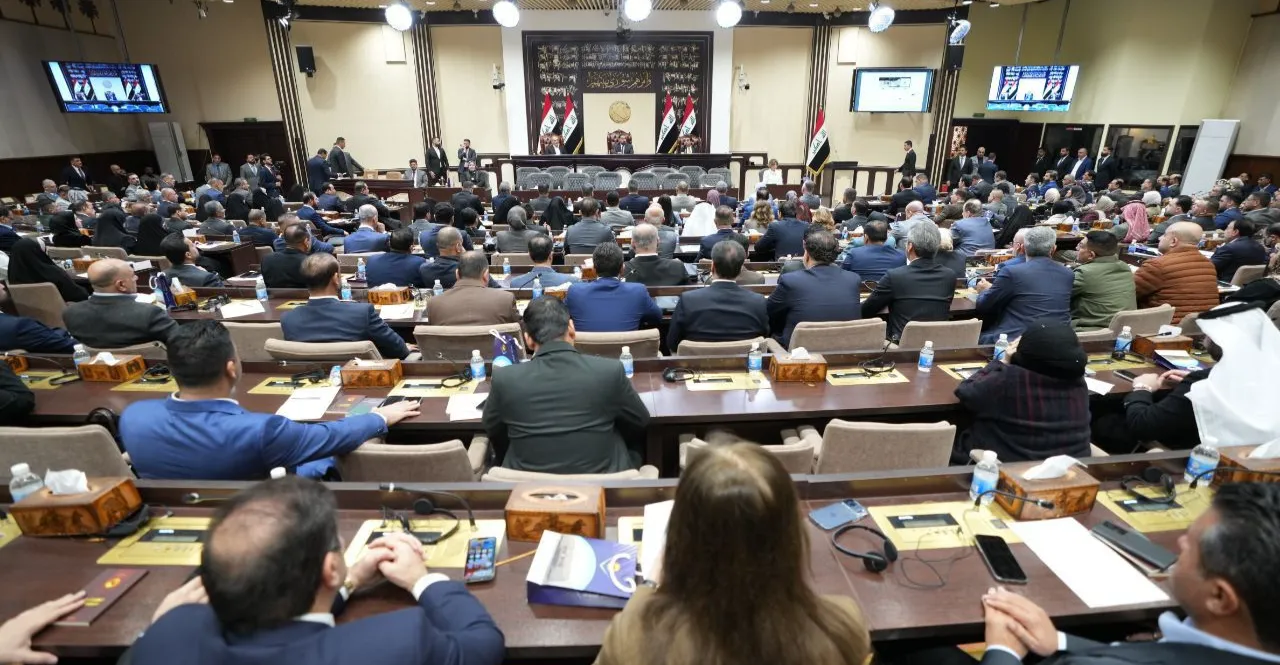 On Wednesday, MP Youssef al-Kalabi, from the State of Law bloc, threatened to go to the Supreme Federal Court to request the dissolution of the House of Representatives if the item on choosing the President of the Republic is not included in the next session of the Council.
On Wednesday, MP Youssef al-Kalabi, from the State of Law bloc, threatened to go to the Supreme Federal Court to request the dissolution of the House of Representatives if the item on choosing the President of the Republic is not included in the next session of the Council.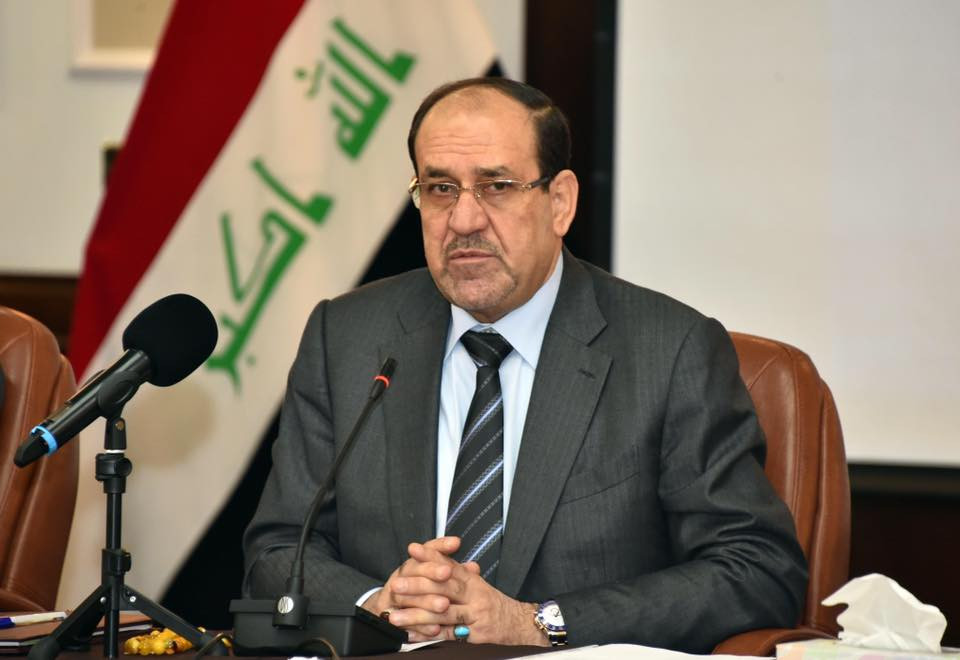 The head of the State of Law Coalition, Nouri al-Maliki, affirmed on Wednesday that the priority of the current stage is to consolidate the authority of the state and unify the security decision, stressing that the Popular Mobilization Forces are part of the Iraqi security system.
The head of the State of Law Coalition, Nouri al-Maliki, affirmed on Wednesday that the priority of the current stage is to consolidate the authority of the state and unify the security decision, stressing that the Popular Mobilization Forces are part of the Iraqi security system.